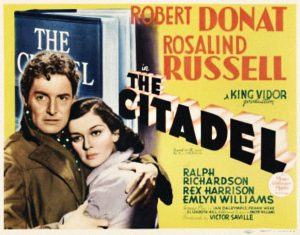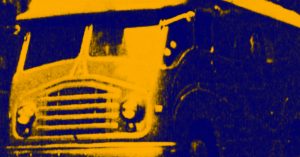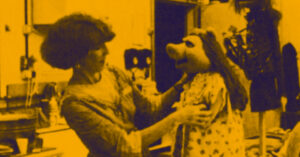This hospital serial really does help
Emergency – Ward 10 reaches its 100th episode
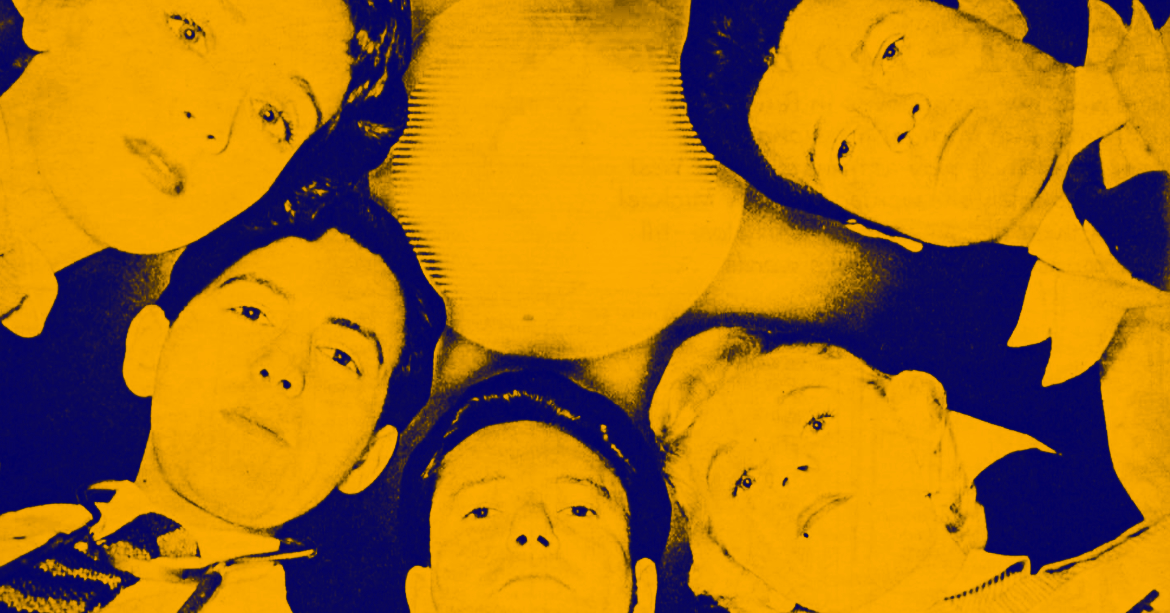
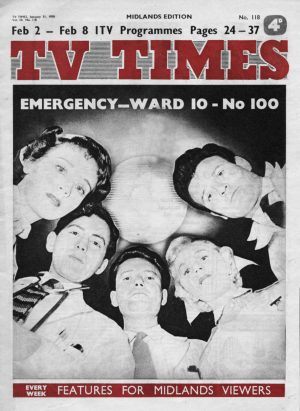
Emergency – Ward 10, seen twice weekly, is one of ITV’s longest-running and most popular programmes. It is a favourite with millions. But what does a doctor think of the series? TV TIMES has invited Harvey Flack, MD, Editor of Family Doctor, published by the British Medical Association, to give a medical man’s view
WHY are people – millions of people – eager to view regularly a programme that revolves round doctors and nurses and hospitals?
This is not a new taste. What Emergency – Ward 10 does is to meet in a new medium exactly the same wish to know about doctors and hospitals that has been in the public mind for a long time.
Think back and you can get the evidence for this in your own experience. You must have read one of Richard Gordon’s immensely funny Doctor books. You probably saw the Betty Box film versions.
How many films do you remember with the Men-in-White theme? How many serials have you read in the women’s magazines with a doctor hero and nurse heroine? You have probably read at least one of Frank Slaughter’s books, all loaded with doctors, operations, deaths, epidemics and medical disasters of every known type and shape.
Do you recall A. J. Cronin’s best-seller, The Citadel, and the film that was made before the war?
The formula that has proved so successful for Emergency – Ward 10 is one that you can see at work in all these magazines, books and films.
There are three main ingredients- entertainment, information and warm human interest. Which is rather like saying that for a perfect meal you start with vegetables, meat and heat.
The recipe gets clearer and more detailed when you watch, for example, Nurses Pat Roberts and Carole Young with the doctors Alan Dawson and Simon Forrester. They get involved in human and dramatic situations that would be full of interest in any setting.
But the setting is a hospital, and in any casualty ward the basic dramas of life are played out every day. There is always the car crash, the near-fatal accident, the attempted suicide. Always there are people in urgent need of operations, blood transfusions, skilled medical treatment.
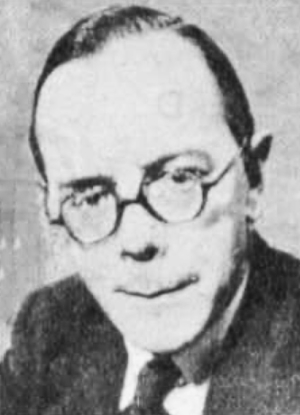
There is a great wealth of information that interests people on all these things. There is always the feeling that it might happen to you or your family. And here the Emergency – Ward 10 team do go to enormous trouble to get it right in every detail. I don’t say they score 100 out of 100 marks every time, but they do so surprisingly often with medical and surgical details which are not easy to get across to viewers.
So they get the background information and all the details as right as can be. And it is information that people want to know.
They make their doctors and nurses be- have like ordinary doctors and nurses. Then, a minute later, they come out of the professional problem and they fall in and out of love and in and out of ordinary human situations that we all know and they behave like ordinary people.
Take all these ingredients, mix well, light with care, rehearse just enough and serve at 7.30 on Tuesdays and Fridays. You then have some of the secrets of the great appeal of Emergency – Ward 10 as an entertainment that will interest and hold the attention of millions. And they get a lot of information and instruction without pain or effort.
This interest in doctors and hospitals and what they do and what makes them tick is very old. It goes right back to the first doctors and the first hospitals-when medicine was not a science but an art compounded of mystery and magic.
Today, there’s much more science in medicine, but the art is still there, too; a human and compassionate art. And there’s still a trace of magic, and of mystery, and of a secret power.
There are many doctors of whom it is said “He makes you feel better the minute he comes into the room.” There’s a magic there that is based on knowledge, experience, skill and all the elements of a clear and confident personality.
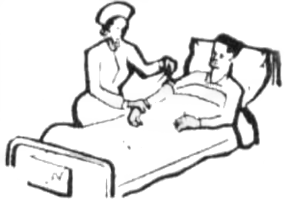
In this workaday world we have an overplus of science. All the old myths and mysteries are being explained away. When I was at school, the atom was a mysterious ultimate. Now, there’s nothing those chaps at Harwell can’t do to it.
When I was a young man, there was still an Aristocracy. Stories of the Beggar-maid and the Prince were read avidly. Or else it was the Poor Boy and the Princess.
Most of that has had the glow taken right off it. And the rags-to-riches story has gone the same way. There’s nobody left in rags and nobody is allowed to keep much of their riches. The Welfare State has seen to one and the taxation needed for it has diminished the other.
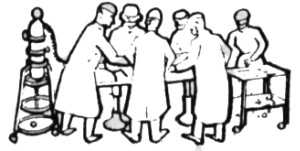
So there’s just one department of human activity that still has elements of magic and mystery and secret power. And that’s in doctors and doctoring, and especially in hospitals.
I think that’s what accounts, in the long run, for the continuing success of Emergency – Ward 10. I think it helps to make people more aware of hospitals, more confident in them if ever the need should arise for hospital care.
So, while saluting the 100th anniversary performance of this series, I feel we can be reasonably confident that in about a year from now we’ll all be enjoying the 200th – and probably just as much.
About the author
Harvey Flack was editor of the British Medical Association's home guidebook 'Family Doctor'

